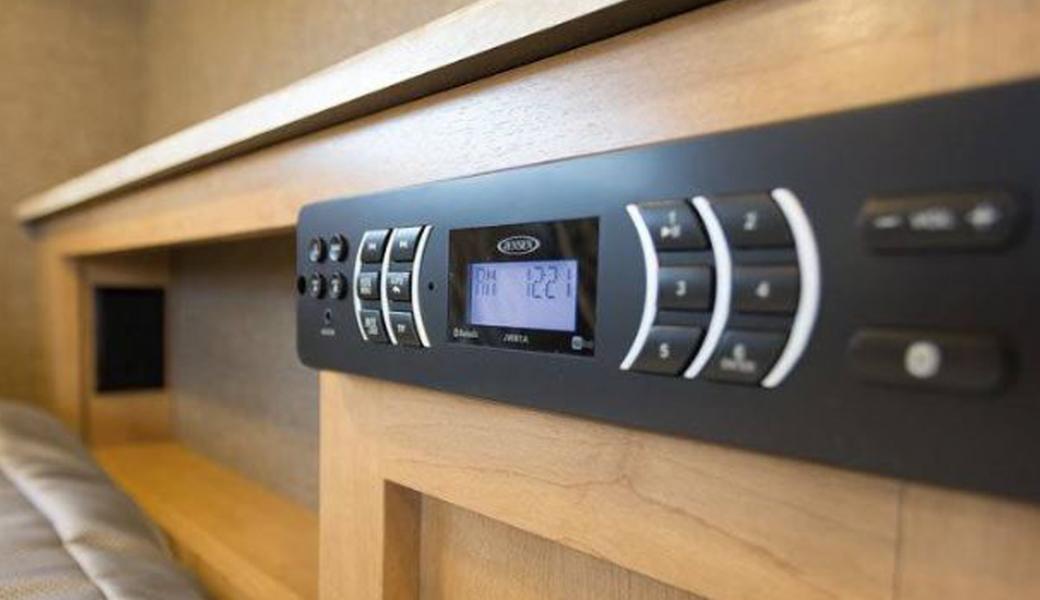RVs Caught In Electronics Right To Repair Legislation

Many in the RV industry will remember the Right to Repair (R2R) legislation in 2012 and 2013 when the RV Industry Association successfully negotiated an exemption for RVs from the legislation that would have had the unintended consequence of placing impracticable and incredibly burdensome requirements on RV manufacturers. A new, related issue of Electronics (or Digital) Right to Repair is now building momentum in the states. RVs are once again being caught in the middle.
Wait…what is R2R?
Motor Vehicle Owners’ Right to Repair (R2R) is the typical name of legislation that has appeared in many state legislatures and at the federal level that would require vehicle manufacturers to provide the same vehicle repair information to independent repair shops as they do for dealer shops. Massachusetts passed the United States' first Motor Vehicle Owners' Right to Repair Act in 2012.
In 2013, after the RV Industry Association successfully demonstrated how the R2R bill would unnecessarily and unfairly burden the RV manufacturers, the Massachusetts legislature amended the definition of motor vehicle to exclude RVs in Massachusetts. At the same time, automobile manufacturers and independent repair shops came to an agreement that any state that adopted R2R legislation would use the Massachusetts language - which included the RV exemption. Since then, the traditional R2R issue has not been a problem.
What is Electronics R2R?
As technology has advanced, creating increasingly complex consumer products, the R2R issue has come up for other industries and categories of products. Recently, there has been a trend in consumer electronics R2R legislation being introduced in the states. These bills seek the same independent repair shops’ rights to manufacturer repair information, but for electronics made for everyday use - such as cell phones.
As vehicle technology has similarly advanced, there are more and more vehicles that are built with computer systems that control the vital operations of the vehicle, for example, the brakes and steering mechanisms. In most of the bills proposed at the state level, RVs are exempted from the “motor vehicle” definition at the beginning of the bill, as are motorcycles. However, many of the bills later exclude motor vehicles altogether. Unfortunately, this creates a double negative in this legislation resulting in actually including RV manufacturers and motorcycle manufacturers in the proposed electronics R2R requirements, which appears intentional on the part of the drafters of the model legislation.
There are currently six states across the U.S. that have already proposed bills with this identical, potentially harmful language in their state legislatures for their 2019 sessions: Illinois, Indiana, Massachusetts, Minnesota, South Dakota and Washington.
How Does this Affect the RV Industry?
If enacted, electronics R2R legislation could place the burden on RV manufacturers to provide information, parts and tools to consumers and independent repair shops for every product in an RV that has embedded electronics. This means providing manuals, schematics, software updates, licenses, diagnostics tools and codes, and more to both independent repair shops and consumers so they can unlock, adapt, modify and/or repair any electronics components in their RV. RV manufacturers would face this burden even if the electronic devices are produced and warranted by another company.
The RV Industry Association has been working with state legislatures and has spoken with the Executive Director at The Repair Association, which drafted the model language, to make sure this intention is realized and the ‘double negative’ issue is fixed. However, it can often be an extremely involved process to fix even such minor technical issues in state bills.
For more information on this issue, please contact Government Affairs Director Mike Ochs at mochs@rvia.org.
Please Sign in to View
Log in to view member-only content.
If you believe you are receiving this message in error contact us at memberservices@rvia.org.
